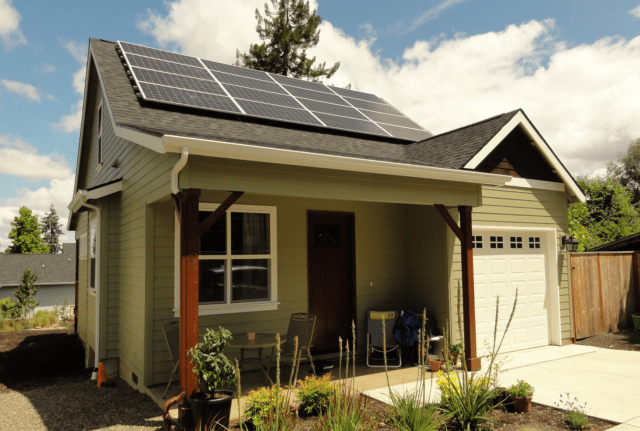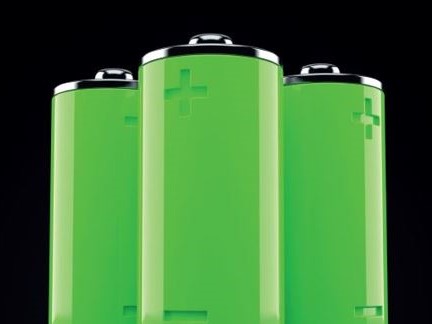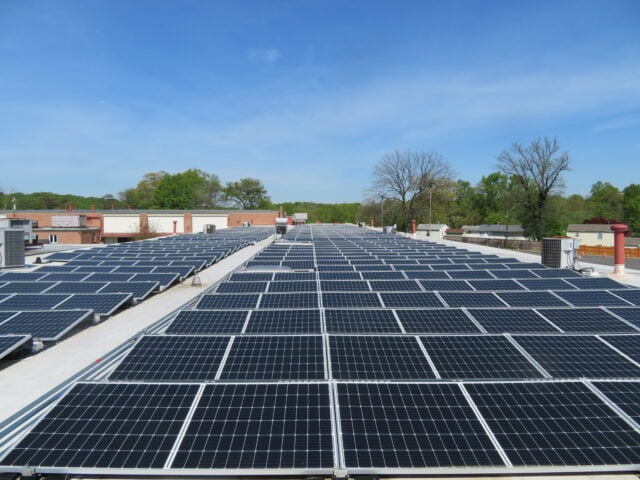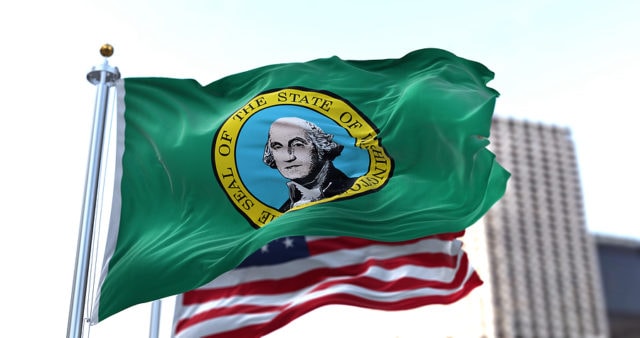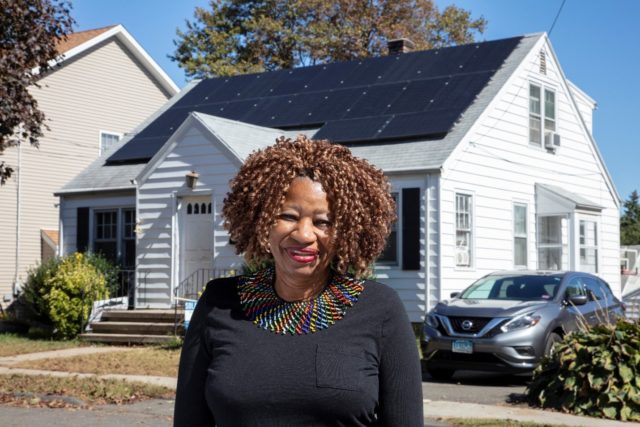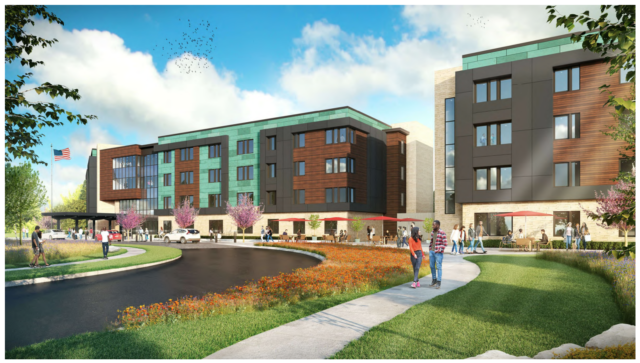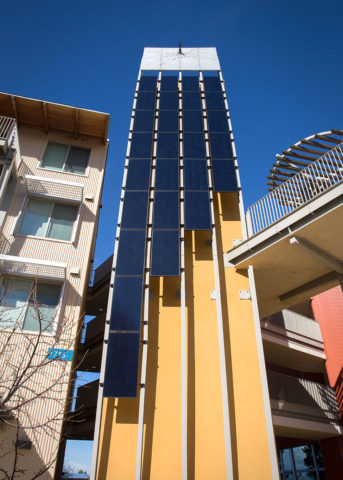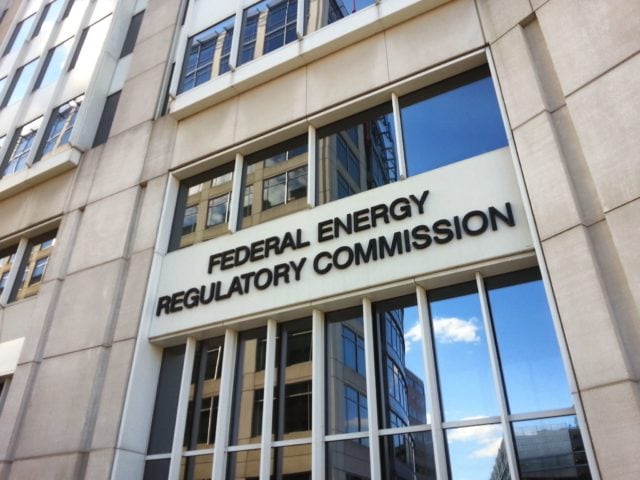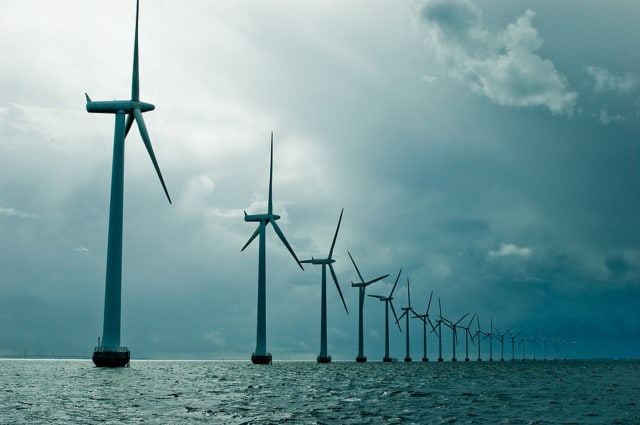Blog Archive - 2022
Expanding Solar+Storage in Oregon
The Oregon Solar+Storage Rebate Program offers rebates to residential customers and low-income service providers who install solar or solar paired with energy storage. Rebates are issued to customers through the Oregon Department of Energy’s (ODOE) approved contractors, who pass the full amount of the rebate on as savings to their customers. Homeowners are eligible for…
Battery Storage – What’s it Worth?
When considering whether to invest in a new technology, the first thing anyone wants to know is will the benefits outweigh the costs? This is no less true of state energy agencies and utility regulators who are generally tasked with ensuring that taxpayers and ratepayers get a good return on their dollar. For this reason,…
Expanding Resilient Power in Maryland
The Maryland Energy Administration resilient power initiatives are helping Maryland organizations support their operations, protect communities, enhance sustainability, and achieve energy affordability. The Resilient Maryland Program provides funds to help pay for feasibility analyses, preconstruction analysis, and capital funds for the development and installation of microgrids, resilient facility power systems, and resiliency hubs for Maryland…
Washington State’s Roadmap to 100% Clean Energy – Leading with Equity and Public Participation
The State of Washington’s 2021 State Energy Strategy (SES) provides a roadmap for Washington to meet its critical and ambitious energy and climate goals: transitioning to 100 percent clean electricity by 2045 and reducing greenhouse gas emissions in accordance with climate science. The SES was notable for the State Energy Office’s efforts to combine extensive…
Connecticut’s Green Liberty Bonds: Finance Innovation and Public Participation in Clean Energy
The Connecticut Green Bank has created Green Liberty Bonds, a new type of green bond from which the proceeds are invested in projects that confront climate change in Connecticut. Modelled after the Series-E War Bonds of the 1940s, the bonds are structured to be purchased by retail investors, through lower-dollar denominations, enabling ordinary people to…
Decarbonizing Multifamily Affordable Housing Developments in New York State
The New York State Energy Research and Development Authority (NYSERDA) and New York State Homes and Community Renewal (HCR) partnered to accelerate the decarbonization of multifamily affordable housing developments in New York State. The Clean Energy Initiative (CEI) provides a replicable and scalable model to accelerate the decarbonization of affordable housing. The combined budgets and…
California’s 2022 Energy Code: Leading the Country in Decarbonizing the Building Sector
The California 2022 Energy Code for newly constructed and renovated buildings blazes a trail for states and local governments seeking to decarbonize the building sector aggressively, feasibly, and cost-effectively. The updated code, adopted by the California Energy Commission (CEC) in August 2022, encourages electric heat pumps, establishes electric-ready requirements for new homes, and strengthens ventilation…
CESA Submits Comments to FERC on the State Role in Transmission Planning
A transition to a future low-carbon electricity system will require much more transmission to connect new solar and wind generation to markets. That future can only be achieved efficiently and cost-effectively with more coordinated advanced planning and greater involvement from states, including energy policy agencies of state government that develop and implement state clean energy…
Federal Support on Capacity Can Boost Regional Wind Goals
In December 2019, FERC, the federal regulatory body overseeing wholesale transmission and regulating regional transmission system/independent system operators, expanded the Minimum Offer Price Rule (MOPR), effectively prohibiting offshore wind and other state-supported resources from participating in capacity-market auctions. The rule made it difficult for offshore wind providers to participate in capacity market auctions. Now, to…
Browse by Project
- IRA & BIL Implementation
- 100% Clean Energy Collaborative
- Building Decarbonization and Clean Heating/Cooling
- Energy Storage Policy for States
- Energy Storage Technology Advancement Partnership
- Interstate Turbine Advisory Council
- Low- and Moderate-Income Clean Energy
- New England Solar Cost-Reduction Partnership
- Offshore Wind
- Renewable Portfolio Standards
- Scaling-Up Solar for Under-Resourced Communities
- Solar with Justice: Connecting States and Communities
- State Energy Strategies Project
- State Leadership in Clean Energy
- Sustainable Solar Education Project

